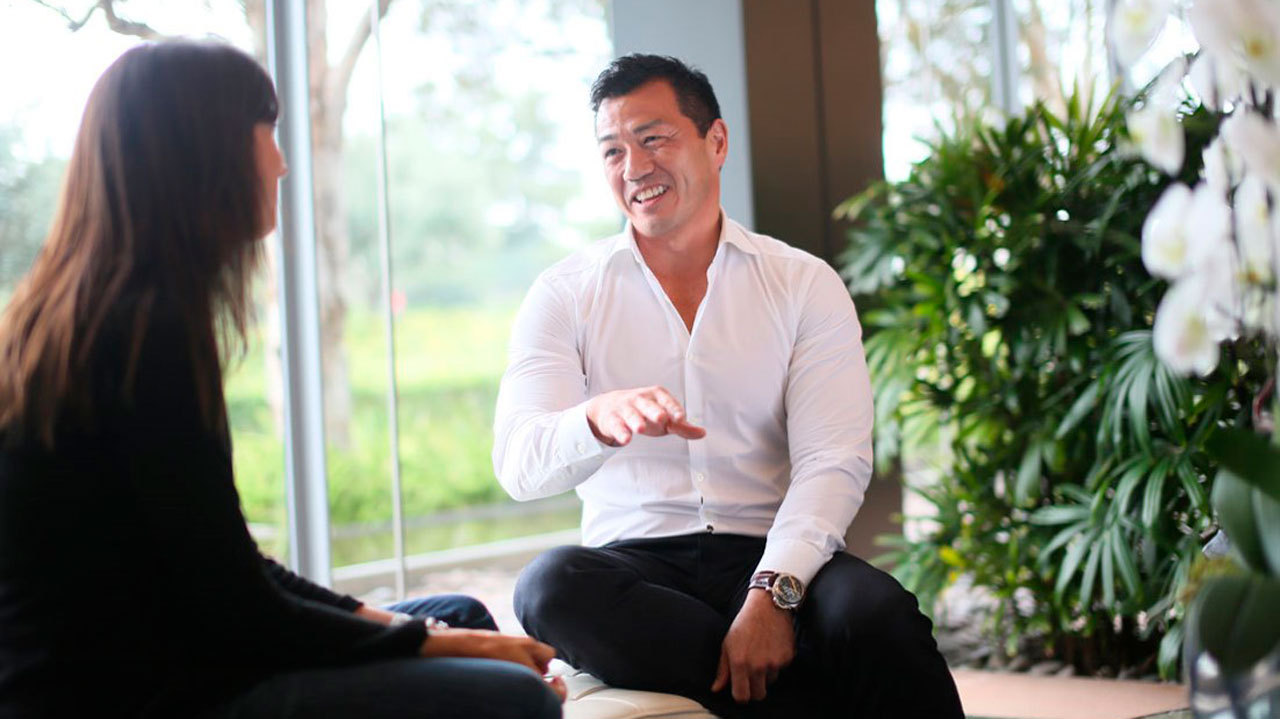I read the other day about the demise of the phrase “work, life balance”. Now it’s just “life”. We only have one each, and I am keen to make the most of mine.
As this is our annual leadership issue – I would like to tell you what I am doing to increase my own leadership skills as I strive to bring out the best in myself and in others. This year, I have had a wonderful opportunity to receive coaching from Dr Patricia Bossons, Director of Executive Qualifications at Massey Business School and a leading global coach and author.
I am only a few months into it, but I can already see the benefits that one on one coaching is having on my life, both at work and at home. It may be that, as I was a millennial in the 90’s, my goal for success has broadened to expect a successful work life which still allows me to nuture meaningful connections in my roles as mother, daughter, sister and friend.
Here are some insights from my coaching journey thus far:
Increased clarity
Coaching is the process of moving from where you are to where you want to be. It seems simple enough, but it can often be hard for people to step back from themselves long enough to see where they need to make some changes. I am an ideas person so we used Walt Disney’s NLP strategy to model my path to creative success.
(In simple terms an NLP strategy is a Neuro Linguistic Programme which goes through a sequence of steps, much like a recipe, which we go through systematically to achieve a specific outcome.)
Increased confidence
Increased confidence comes from understanding yourself and finding where your strengths lie. It also comes about from recognising your weaknesses and making plans to shore them up with either development, or help and support from colleagues proficient in the areas where you lack confidence. It is best for everyone to play to their strengths.
Accountability
How will what I am trying to achieve be measured? What is my circle of concern and what is my circle of influence? Understanding these two phrases helped me prioritise the order in which I look at things and what I needed to build on success. (I still sometimes work backwards from world peace. Live in hope.)
Fresh perspective
I think one on one coaching is an opportunity to have a fresh set of eyes on you and your current work situation. I know I appreciated the energy directed specifically towards me, and the opportunity to work backwards from my desired state and make a plan.
Improved relationships
I cannot stress the importance of nurturing healthy relationships. Whatever we do, we are people dealing with people. Consequently having a tool kit of communication styles to encourage effective dialogue and conflict resolution is helping me towards a deeper understanding of myself.
Focused energy
Coaching is also helping me sort out my responsibilities both at work and at home. It is easier to plot my priorities when I am thinking about the whole picture.
Feeling supported
I have greatly appreciated the support from IMNZ to progress my professional development through one on one coaching. I know it will be good for our business. Coaching has helped me see how I see things and how others see me.
2017 Executive Education Survey
Recently, our partners at Massey published the 2017 Executive Education survey. The purpose of this research was to create a unique and detailed understanding of the current Learning & Development environment and how organisations engage with L&D providers. Garnering data from both NZ and AUS organisations the research focused on three main groups.
Executives/senior managers
Middle managers
High potentials
The top development priorities for the key staff groups were measured. There was a clear winner. Coaching came out top in all three surveyed groups. I was stoked, and felt very on trend.
In a market where retaining talent and coaching leadership were the highest ranking people and development objectives in 2016* it comes as no surprise that organisations are investing and planning to invest in their people development objectives. Coaching is at the top of their list. To help develop this skill within our organisations IMNZ in partnership with Massey launched a six month programme in Professional Coaching earlier this year.
Coaching leadership helps build a more personal relationship between the company and its employees. It also creates better relationships between its employees and customers. When we think about it, the more effectively our people can communicate the more impact they will make with their products and services and the more they will want to work with our organisations.
It is always about the people. To reach for the stars we must all be standing on our toes. And in order to do that we need to do all that we can to unlock discretionary effort across our organisations. And discretionary effort is underpinned by healthy, productive relationships.
I’m excited about my next coaching session. Being better never stops.
If you’d like to see a copy of the 2017 Executive Education Survey – please contact me.
Written by Jane McCarroll



